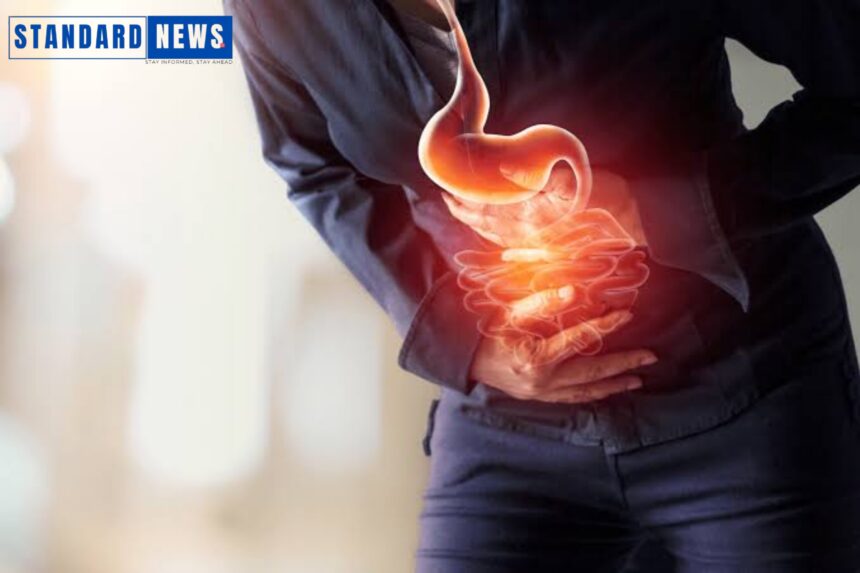1. Drink Water and Stay Hydrated
Proper hydration is essential for efficient digestion. Your body needs water to break down food and absorb nutrients effectively. When you’re dehydrated, digestion becomes more difficult, which can lead to an upset stomach. As the Academy of Nutrition and Dietetics points out, while a general rule is to drink eight 8-ounce glasses of water daily, your specific fluid needs can vary based on factors like activity levels, climate, and general health. Drinking water can also help dilute stomach acid, potentially reducing heartburn.
2. Avoid Lying Down Immediately After Eating
Lying down can make indigestion and heartburn worse. When you’re horizontal, stomach acid can more easily flow back into your esophagus, causing that burning sensation. To prevent this, it’s best to avoid lying down or going to bed for at least a few hours after eating. This allows gravity to help keep stomach acid where it belongs.
3. Try Ginger
Ginger has a long history of use as a natural remedy for digestive issues. Its anti-inflammatory properties can help soothe the stomach and reduce nausea. According to Johns Hopkins Medicine, ginger contains a compound called gingerol that benefits gastrointestinal motility, helping food move more efficiently through the digestive system. You can consume ginger in various forms, such as adding it to food, drinking ginger tea, or even sipping on all-natural ginger ale that contains real ginger.
4. Follow the BRAT Diet
For those experiencing diarrhea, the BRAT diet is a time-tested approach. BRAT stands for Bananas, Rice, Applesauce, and Toast. These foods are bland, low in fiber, and can help firm up loose stools. The bland nature of these foods makes them less likely to irritate the stomach and intestines. Additionally, many BRAT foods are rich in nutrients like potassium and magnesium, which can help replenish what’s lost through diarrhea and vomiting.
5. Avoid Smoking and Drinking Alcohol
Both smoking and alcohol can be major triggers for indigestion and other gastrointestinal issues, such as gastroesophageal reflux disease (GERD). Smoking, for example, can weaken the lower esophageal sphincter, allowing stomach acid to flow backward. Alcohol can irritate the lining of the stomach and also increase acid production. The Cleveland Clinic notes that both habits can make GERD symptoms worse. Limiting or quitting smoking and alcohol can significantly improve digestive health and overall well-being.
6. Consider Peppermint
Peppermint has been used for centuries to help with stomach problems. The menthol in peppermint leaves can act as a natural pain reliever and helps to relax the muscles of the stomach, which can ease cramping and spasms. You can try drinking peppermint tea, chewing on mint gum, or sucking on peppermint candies to find relief. A 2020 study cited by Healthline found that peppermint oil significantly decreased abdominal pain and discomfort in individuals with irritable bowel syndrome.
Please note: It’s important to consult a healthcare professional for persistent or severe symptoms of stomach upset. These remedies are intended for minor, temporary discomfort.
READMOREFROM:MY MEDI PLUG
